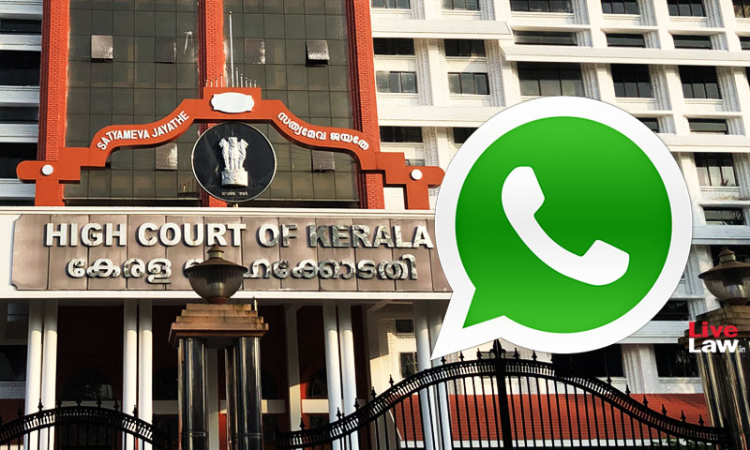In a noteworthy decision, the Kerala High Court on Wednesday has ruled that the admin of a WhatsApp group cannot be held vicariously liable if a member of the group posts objectionable content in the group. Justice Kauser Edappagath observed that this was so because vicarious liability in criminal law can only be fastened when a statute prescribes so."A vicarious criminal liability can...

